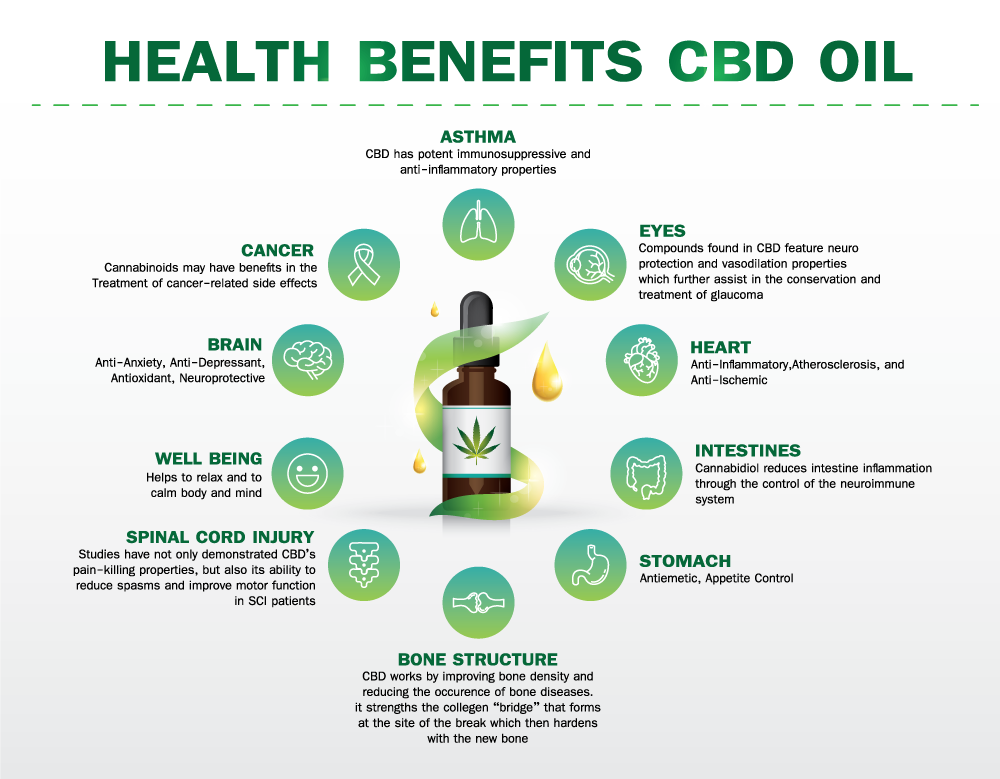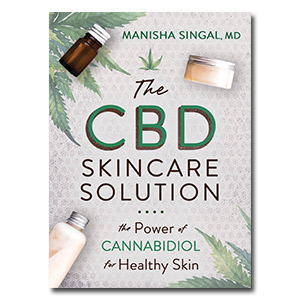
You may be asking, "When was Colorado legalized marijuana?" Truth is, the state didn't fully legalize marijuana until 2016. However, it did legalize marijuana sales in 2014 and in 2016. This article will cover the facts. It is worth reading the whole story to understand the facts.
2014
It was a hard road and legalizing marijuana will not be easy. The first is cultural. The first is cultural. Marijuana was illegal in most of the world's history, so bringing it to Colorado's adult-use market requires cultural changes. Colorado was opposed by law enforcement officers and health care professionals, among others. The political environment in the state is often polarized, and opponents of controversial changes often win out.
Amendment 64 in Colorado legalized marijuana. It allowed adult to grow and possess up 6 marijuana plants. Adults over 21 can now have up to one ounce marijuana derived from those plants. It allows them to give away up to one ounce as a gift.

The legalization of marijuana in Colorado has generated a lot in revenue. The state government reported that it has received $247 millions annually from taxes on marijuana. Since legalization, Colorado's marijuana industry has thrived. However, there are still some who doubt the legalization of marijuana and fear it will increase criminal activity.
The positive rate of marijuana testing has risen since legalization. The state's marijuana law has made it harder to find employees to meet the growing demand. There have been many tragic marijuana-related deaths in Colorado over the past five year. One death was caused by a father who killed his wife from marijuana edibles. The other involved a young man traveling with his family to Colorado. A large proportion of fatal traffic accidents involving marijuana use was also caused by marijuana.
In 2016
Amendment 64 was approved by Colorado voters in November 2012, legalizing recreational marijuana. As of January 1, Colorado residents can now possess up to one ounce of marijuana, grow up to six plants at home, and give up to one ounce of it as a gift. You must be 21 years or older to possess marijuana.
However, legalization has presented some challenges. First, it conflicts with federal law that continues to ban marijuana use. Businesses and consumers are also at risk because marijuana purchased in Colorado can be transferred to other states where it's still illegal. Donald B. Verrilli Jr. the Solicitor General has also requested that the court reject the case.

Since the law passed, Colorado has seen a significant increase in the number of seizures of marijuana in the mail. In 2017, Colorado's postal system experienced a 1,042 % increase in marijuana parcel seizures. Legalization has made it easier for marijuana to be legalized. Although some people still feel strongly about marijuana, legalization has made it easier for them to accept the benefits.
It is becoming more dangerous to use marijuana, especially among youth. Children as young as five years old are more likely to be poisoned by marijuana than ever before. Still, the overall numbers of marijuana-related poisonings remain low. In 2015, 47 calls to Colorado poison control centres were made. This is an increase of zero just a few short years ago. The number of adult emergency rooms visits is also increasing, though this is mostly due to more tourists reporting negative experiences with marijuana use.
FAQ
Which CBD products are most popular?
CBD products are all over the place these days. CBD products are popular for their ability to relieve pain and anxiety. The market is growing rapidly and is very large.
But what are people buying CBD oil for? This is how it affects brand owners.
Statista reports that CBD products have relaxing properties. They are also being purchased for their anti-inflammatory properties.
This means that you can sell your product for both medicinal and recreational purposes if it has CBD and THC.
But what about brands which are focused on just one purpose? It won't be able to compete if it sells CBD for pain relief.
Also, if a brand is focused on CBD for medical reasons, it will have large customers.
If a brand wishes to reach recreational users, they must create a unique selling point (USP). A USP is essentially a benefit or feature that distinguishes a brand from its competitors.
For example, some brands offer shipping free of charge, while others offer discounts when you order in bulk.
Where can I purchase CBD products?
CBD can be purchased online and at local retailers. Online retailers often offer better deals. Many websites sell CBD products made with industrial hemp. The THC content is less than 0.3%.
If you prefer to shop locally, look for brick-and-mortar businesses that specialize in selling CBD products.
Many states now allow CBD products to sold without a prescription. If you live in one of those states, you may be able to buy CBD products at your local pharmacy.
CBD products might even be delivered directly at your doorstep.
Are there any common mistakes companies make when entering the US cannabinoid marketplace?
The first mistake is not understanding what the regulations are for cannabis products. This could cause you to have to modify the formulation of your product.
A second error is not properly labeling your product. It is essential to find out if your product contains either THC or CBD.
Third, it is important to understand how to properly package your product. You must make sure that your product contains THC.
If your product does NOT contain THC you should still adhere to all packaging laws. There is a lot of states where cannabidiol, or CBD (CBD), is legal.
It is important to track recalls of your products. If there is a problem with your product, it is important that you inform customers as quickly as possible.
What are the differences in CBD price between different states?
Prices for CBD products depend on where you are located. In fact, prices can differ by more than ten times!
Prices tend to increase as you move further north. CBD can be found in Alaska at $35 per kilogram, and Hawaii at $200 per grams.
This trend is continuing across the country. Prices range from $5 up to over $2,500 for a gram.
This is why?
Price variations are due to the different levels of regulation. Some states require CBD products to contain minimal THC (the psychoactive element of marijuana). Other states don't care what level of THC is present.
This is why some companies decide to sell products in one country and then send them to another.
Is CBD still a viable alternative?
Yes. This isn't because of the medical benefits it offers, but because of how it makes people feel.
It's a good alternative to prescription drug because you won't feel any different from when you take it.
And as we know from studies, there is a lot of evidence showing that cannabis helps with pain relief, anxiety, depression, insomnia, and many other conditions.
Cannabinoids, also found in cannabis are thought to interact with our brain receptors. This interaction creates feelings of relaxation and well being.
It is essential to learn about CBD oil and its effects if you want to use it for health reasons.
Are CBD companies a good investment?
This depends on your needs. They are great investments if you are looking to make money. However, if you are just looking to help others, I would say no. There are many other options available without spending $20k.
What are the best uses of CBD?
CBD is best used as an alternative treatment to anxiety. It can also be used to treat pain and inflammation, depression, epilepsy, epilepsy, pain, and other conditions.
CBD can be taken in many forms. CBD is available in many forms.
CBD has many health benefits. It has been shown that CBD can help with anxiety, chronic pain, PTSD, and many other ailments.
Statistics
- A recent study [161] also found that in vitro CBD treatment (i.e., ≤ 2 h exposure to 10 μM) induced ~40% vasorelaxation in isolated (pre-constricted) (ncbi.nlm.nih.gov)
- CBD seems unlikely to directly influence sleep in healthy humans [115] (and maybe “sleep-promoting” in those with certain comorbid conditions) (ncbi.nlm.nih.gov)
- While the primary injury may not be treatable, interventions that attenuate secondary sequelae are likely to be of benefit [203].Only one study (ncbi.nlm.nih.gov)
- however, one study also found that these effects were virtually abolished when the original media (a nutrient broth agar) was replaced with one containing 5% blood (increasing the minimum concentration to ~160 μM CBD) [179]. (ncbi.nlm.nih.gov)
- The inhibition of FAAH is predicted to lead to an increase in brain and plasma concentrations of AEA, which acts as a partial agonist at CB1R and CB2R, thereby increasing endocannabinoid tone [92, 110]. (ncbi.nlm.nih.gov)
External Links
How To
What are the main issues with the CBD industry.
The market for CBD is growing at an astonishing rate. But, businesses who want to enter this market still face numerous challenges. These include a lack of consumer awareness, high cost of entry, limited access to capital, and regulatory uncertainty.
Many people don't know much about CBD or how it works. This means they are not able to make informed choices about whether or no to purchase CBD products.
CBD companies are heavily dependent on word-of–mouth marketing. This can be costly as it involves advertising and staffing to promote the brand.
High production costs are another problem facing new entrants in the CBD industry. It is very expensive to obtain the raw materials required for CBD products. For example, hemp needs to be grown in specific climates and soil types before it can be processed into CBD oil.
It takes approximately $1,000 per acre to grow enough hemp to process into CBD oil. This means that many small farmers cannot afford the cost of starting.
Another challenge new entrants face in the CBD market is the lack of access to capital. Due to the stigma surrounding the industry, banks discourage many people who wish to start businesses.
Finally, there is regulatory uncertainty surrounding the sale of CBD products. There are no guidelines for how CBD products should market.
While some states have passed legislation restricting CBD products' sale, it has not been adopted as a national policy.
Only Nevada, Maine, and Nevada have legalized recreational pot.
Massachusetts and Michigan have considered similar measures.
These changes could lead to increased competition between CBD manufacturers.
Many entrepreneurs prefer to work at home over starting a business.